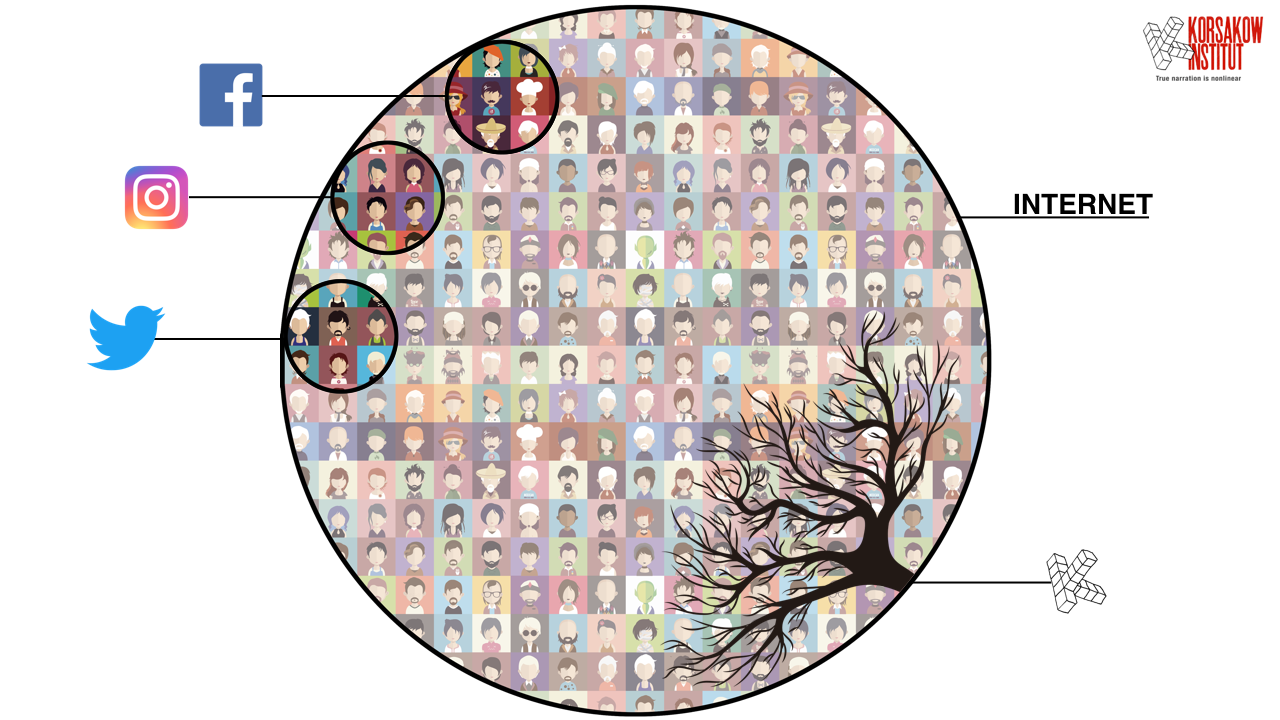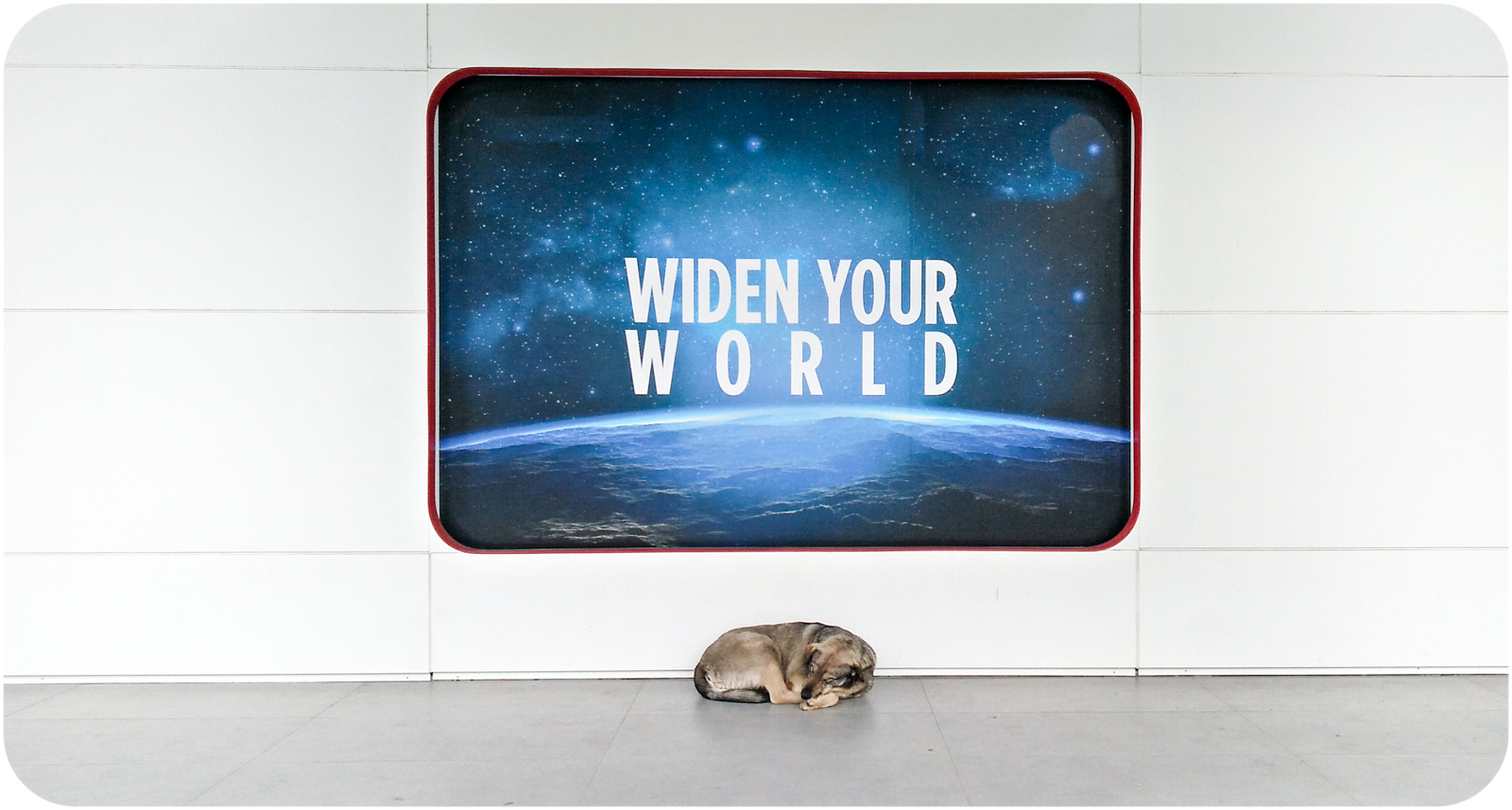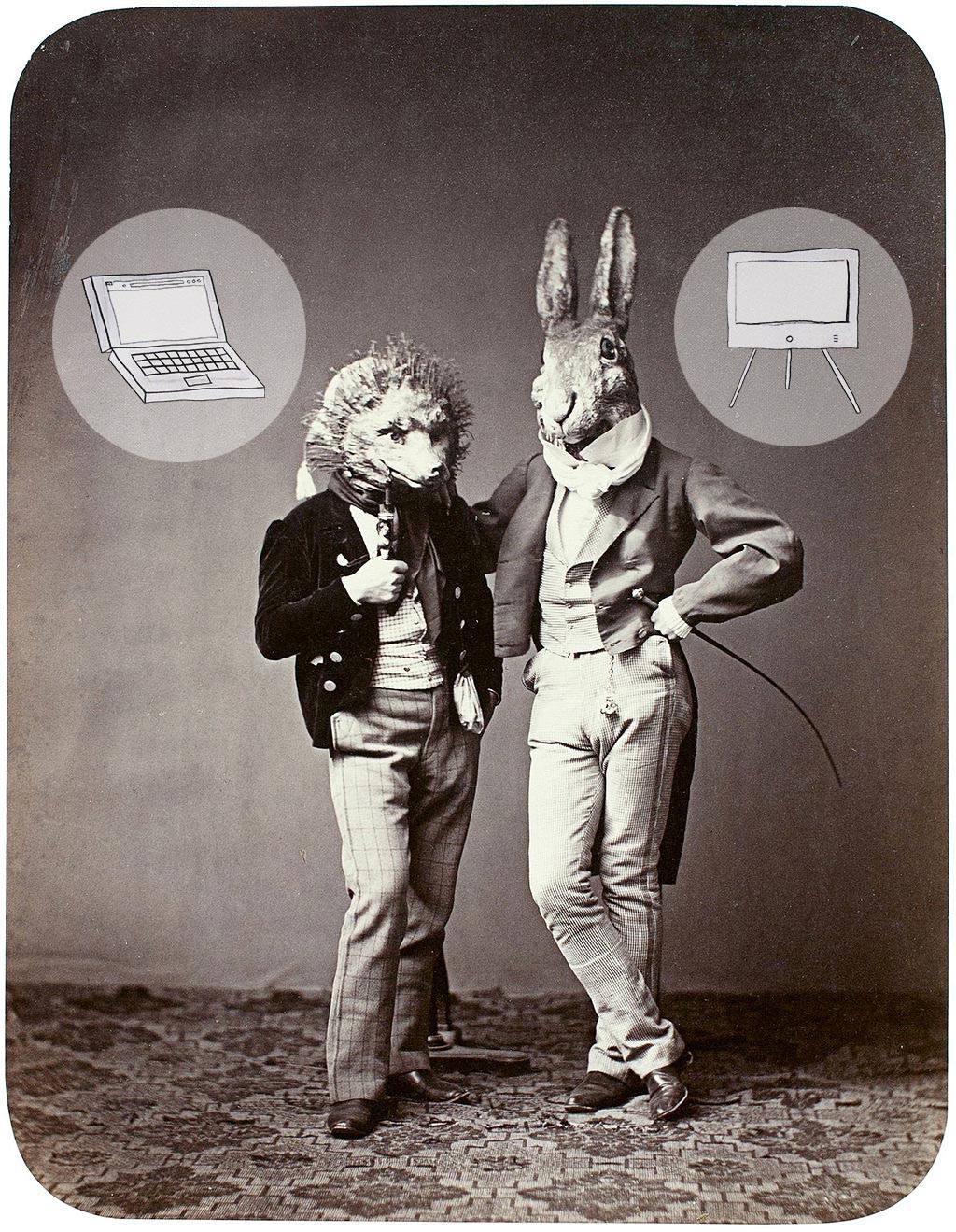People, who talk to me regularly, might be aware that I am an eager listener of podcasts by Sam Harris[1]. He recently found himself in the midst of a intellectual fight of words with Ezra Klein[2], who is editor-at-large of Vox. I respect them both.
The fight started a year ago with a podcast of Sam Harris. Ezra Klein published an article[3] at VOX (written by Eric Turkheimer and Kathryn Harden and Richard Nisbett) that attacked Harris and blamed him of featuring irresponsible racism.
I heard the original podcast, read a lot of the conversation and got regular updates on the story when Sam Harris mentioned it on his podcast.
This is a long story with a long email conversation[4], and for people interested in the work of Sam Harris it is not a good starting point. Over and over Sam Harris explains his standpoint, Ezra Klein explains his point, they even get into personal attacks. And in the end (the end at the moment) they both do a podcast, where the whole pattern repeats one more time.
Two great thinkers and analytics trapped in a vicious circle of arguments – what is going on?
Well, I listen to all podcasts of Sam Harris, so I also listened to the Sam Harris/Ezra Klein one (while cleaning the kitchen). But this time I was more than once tempted to give up and turn it off.
But then I saw the pattern.
Let me do a huge jump from the discussion of two well known American intellectuals to a private conversation, I had at work, with a colleague about doing exercise.
I had just read an article and shared my new knowledge with her: “Sports is not equally good for all people. Scientists found, that there are even people, that do not react to exercise at all. And you can do a gene test, that predicts how your body reacts.”
“Oh”, my colleague replied, “You just say that, because you are too lazy to do sports.”
I found her comment fascinating and I did dive deeper into the conversation in the course of which she said these sentences: “I like sports and I do exercise every day. I don’t even want to believe what you are saying.[5]”
My college thought, that I said, what I said, to achieve something. She thought I said ‘scientists found, that some people do not react to exercise’ because I do not want to do exercise, myself. Which I find a reverse logic. It might well be, that I do this sometimes, so I wanted to learn more.
Interestingly she seemed to be aware that she is practicing this technique when she said: ‘I don’t want to believe this’ because ‘I like sports’.
In my world view you can not change or pick the facts you like, to support whatever idea you prefer, as my college seemed to do, and obviously thought, that I would do that, too[6].
This is the same pattern, as in the Harris/Klein discussion. Just on a very small scale.
The patient reader, might know small observations, seemingly unimportant, that one can’t let go. This conversation with my colleague stuck with me, and I remember it every now and then.
Two years ago I wrote in an article[7] that there are two kinds of people, the group that believes in the concept of truth and the group that is aware of the multitudes of realities. In this thought the urge to believe is a talent just like the urge to doubt. The talent might be rooted in the genes, the culture boosts one or the other.
I am certainly a person that enjoys the multitude of angles on reality and I doubt the truth, just like Sam Harris and a lot of other people. But I understand, the majority of people are talented in believing the truth. Like my colleague at work or Ezra Klein.
The believe in truth leads to a fascinating logic: If you have found a truth, like sports is good (in the case of my colleague) or racism is a problem (in the case of Ezra Klein) all facts related to the truth need to support the truth and if they don’t, the facts have to be false. This logic in itself makes perfect sense.
Because if something is true, then all facts become arguments and the validity of which can be tested. If an arguments supports the truth it must itself be true and if an argument does not support the truth it therefor must be wrong.
This is not my logic, it is the logic of a believer.[8]
When you are aware of the multitude of arguments you get to certainties, which are in daily life almost indistinguishable from believes, the building blocks of reality for people who believe in truth.
Just like my colleague, I agree in thinking that exercise is good. And just like Ezra Klein, Sam Harris undoubtedly also thinks that racism is a problem.
But the difference is, that for people, that see the multitude of realities, not every piece of information has to support the certainty. In this logic it is not even rare, that facts contradict the certainty without changing it. Like when you observe a swirl in a river. It is obviously normal, that water can flow against the current, without endangering the general flow of the water.
And I agree with Sam Harris, who warns of the dangers of ignoring facts, just because they do not support the reality/truth/certainty.
But again, Ezra Klein does not see a fact here, because the logic he uses proves the fact wrong.
[1] https://en.wikipedia.org/wiki/Sam_Harris
[2] https://en.wikipedia.org/wiki/Ezra_Klein
[3] https://www.vox.com/the-big-idea/2017/5/18/15655638/charles-murray-race-iq-sam-harris-science-free-speech
[4] https://samharris.org/ezra-klein-editor-chief/
[5] In German “Das will ich gar nicht glauben” – which is a common phrase used in all kind of context.
[6] Understandably, because what is normal for her is likely be normal for me.
[7] Article in German:
http://pha.de/texte/es-gibt-zwei-arten-von-menschen/
[8] I am sometimes temped to fall prey of this logic myself. I guess it is our culture that supports this way of believe.




